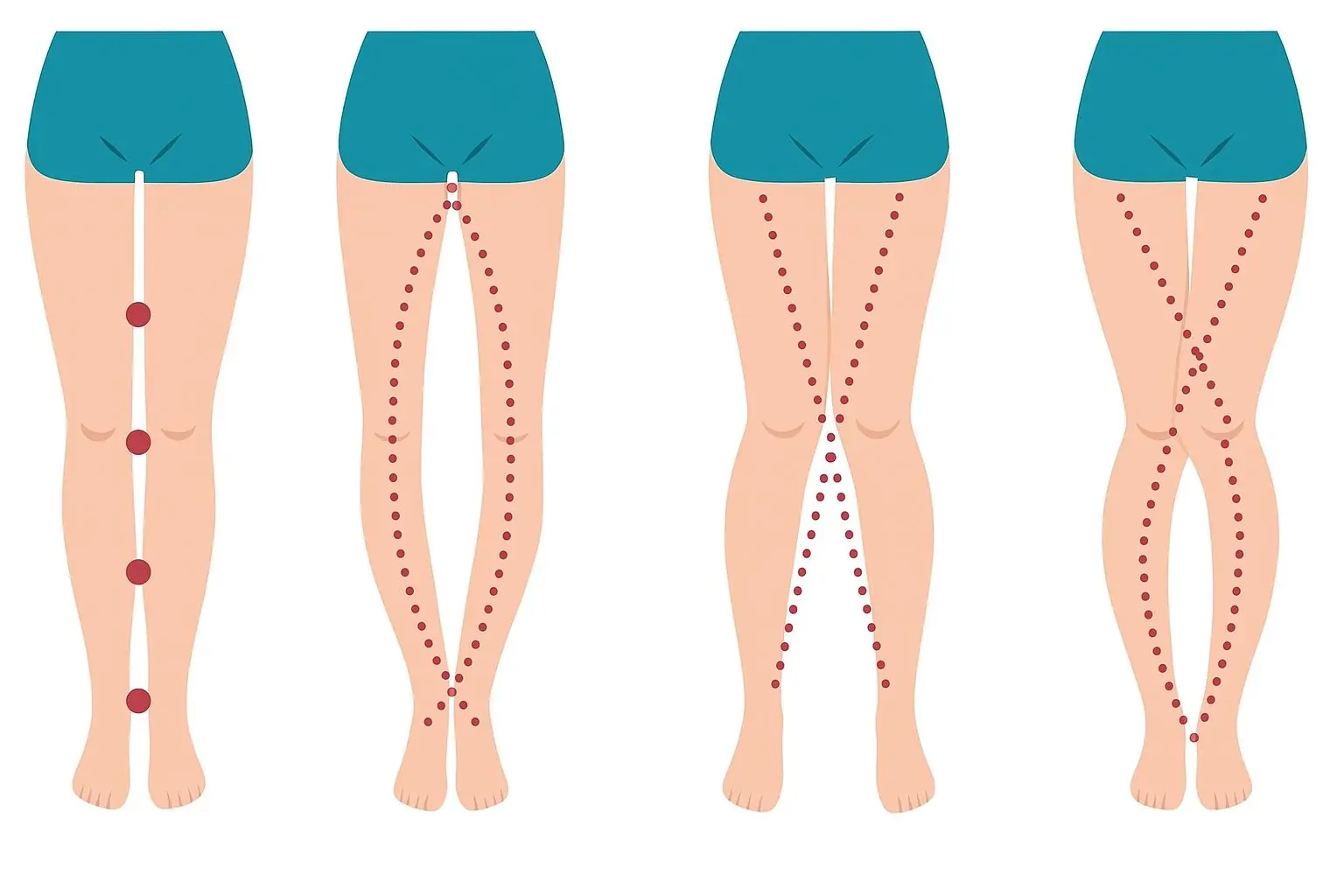The thyroid gland plays a crucial role in our overall health. With millions affected by thyroid disorders worldwide, including millions in the US, it’s vital to understand its importance in weight regulation and prevent potential harm. Discover ways to enhance thyroid function and safeguard its well-being in this informative read.
How does the thyroid gland function? The thyroid hormones regulate metabolism and organ functions, impacting heart rate, cholesterol, energy, muscle, weight, skin, hair, memory, mood, and more. Hypothyroidism slows down the body’s systems, causing fatigue, weight gain, sluggish digestion, dry skin, slower thinking, and hair loss.
Signs of hypothyroidism An underactive thyroid can manifest various symptoms, and some individuals may not exhibit any signs at all. However, if you encounter two or more of the listed symptoms, it is crucial to promptly consult your doctor for appropriate medical attention.

-
Feeling cold If you reside in a frigid climate, this symptom may not be indicative. Yet, if you persistently feel cold in warm weather or struggle to adapt to cold temperatures, it could suggest a thyroid disorder. This sensitivity to cold, even during warmer months, can often be a sign that your thyroid is underactive, struggling to regulate your body temperature efficiently.
-
Dry skin, brittle hair, and split ends Are you experiencing dry skin in multiple areas and thin, split-ended hair? It could indicate a thyroid disorder. If hair loss occurs, consulting a doctor is recommended. Many people with hypothyroidism also experience noticeable changes in the texture and appearance of their skin and hair, making these issues hard to ignore. Early intervention can help you manage these symptoms more effectively.
-
Unexplained fatigue Fatigue is a common occurrence in our lives. However, if you experience unexplained energy loss during your typically active times, it might be hypothyroidism. Stay vigilant, monitor the pattern, and seek medical advice if it persists. Unlike general tiredness from a busy lifestyle, hypothyroidism-related fatigue is persistent and profound, often interfering with your daily routine and quality of life.
-
Poor memory Unexplained fatigue is closely linked to this symptom, affecting our brain functionality. The strain of staying awake while struggling to recall things leads to poor memory, often associated with thyroid disorders. Difficulty concentrating and frequent forgetfulness can impair professional and personal life, making it important to address these cognitive symptoms early.

What is causing it to slow down? To enhance thyroid function, it’s crucial to identify the underlying factors that contribute to its sluggishness. Hypothyroidism is a multifaceted condition with various potential causes.
There are several potential causes of thyroid disorders. Autoimmune responses can hinder thyroid hormone production, while toxic levels of substances like mercury can also impact thyroid function. Stress can interfere with hormone conversion, and a diet high in soy-based foods may hinder thyroid function. Being mindful of these factors can help maintain a healthy thyroid gland. Inflammation, nutrient deficiencies, and genetic predisposition can also play roles in the disruption of thyroid function, making it essential to take a holistic approach to thyroid health.
Power your thyroid gland If you’ve experienced symptoms, it’s time to act. Start by eliminating thyroid disruptors for 14 days, including flaxseed oil, peanuts, high mercury fish, corn, alcohol, and caffeine. Then replace them with anti-inflammatory foods like veggies, fruits, nuts, non-mercury fish, eggs, and sweeteners. While calorie-conscious, a weekly “cheat meal” is vital for an under-active thyroid, preventing starvation, maintaining hormone levels, and boosting metabolism.
Incorporating thyroid-supportive practices into your routine can significantly improve your overall well-being. Consider managing stress through mindfulness techniques, regular exercise, and quality sleep, all of which play a role in supporting optimal thyroid health.

Have you ever suffered from thyroid gland issues? Tell us about your experience!
































